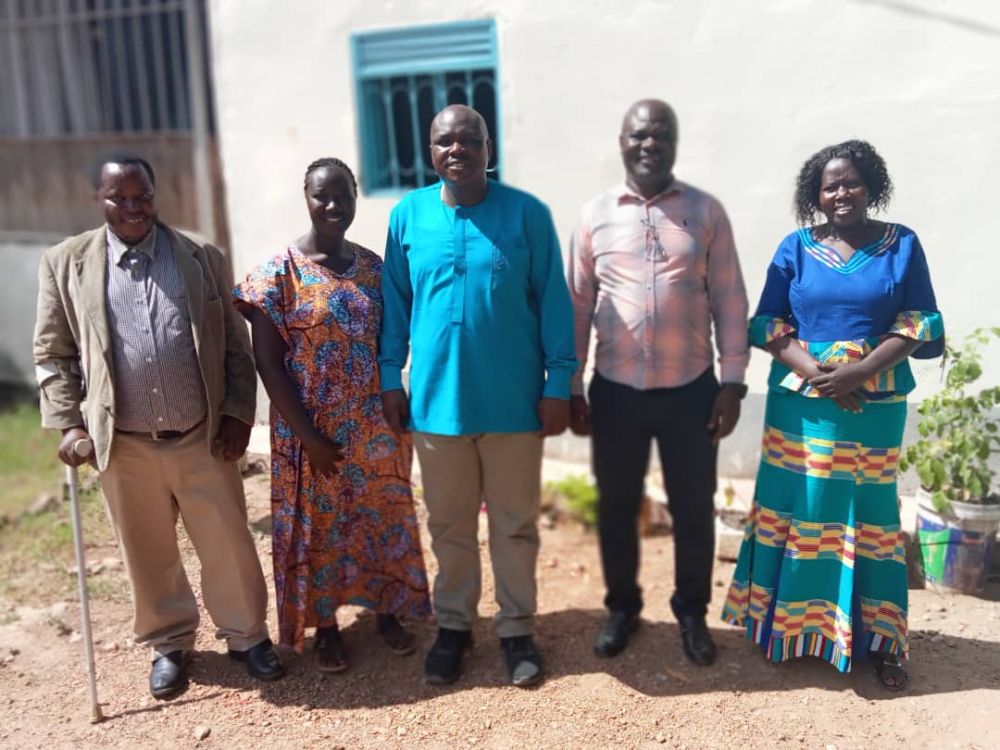The meeting deliberated on three issues:
- Orientation and official launch of Top-up funding for the SSJR 2022-2023
Tze project aims to ascertain the real gender, disability, and children participation gaps in the current AAP system so that it is documented, strengthened, and integrated into the SSJR programming to benefit all partners. The project aims at conducting a comprehensive assessment to ascertain challenges and opportunities of active children in accountability, reviewing and updating child protection accountability tools, developing appropriate child-led feedback and complaint methodologies and tools. Critically this program also is intending to review the disability inclusiveness of current AAP committees and ensure people with disabilities are not only included but their voices are heard in the decision-making organs of the AAP committees.
Project promptly wishes to increase participation and voices of children, women, girls in AAP processes. This intervention will enhance meaningful participation of children, women, girls and PWD in the current project and enrich subsequent projects in terms of feedback, lessons, and shaping of child-friendly programming where, both boys, girls and persons of all genders including PWD have equal opportunity in the development and utilization of accountability and feedback mechanisms. Closely related to the above is to improve effectiveness of child protection, gender and disability inclusive programming: This top-up funding will improve the effectiveness and appropriateness of activities relevant to the actual needs of children, women/girls, youth and PWD to create long-lasting transformation in children, their parents and caregivers as well as PWDs. The absence of the voices of women, girls, children, PWDs including CWD in the accountability of projects that target them has created significant gaps in the JR response and other programming
Senior management resolved to change and review the implementation strategies and demand for result-oriented approach by integrating the TOR of the implementing team with all the results and deliverables as prescribed and required by the top up project. Supervision in terms of implementation monitoring, evaluation and reporting will be doubled to display efficiency and effectiveness in all approaches for quick results within the timelines.
- Phasing down from Fashoda to Malakal and Melut
The senior management sitting today was considering the options available in addressing the DRC program exit from Fashoda to concentrate the new activities in both Malakal and Melut. Various contingent plans and scenarios were critically examined. WOCO with clear knowledge that funding cycles don’t always coincide with needs, Donor support and funding cycles may impose timelines on Program project phase-out with danger and risk factors, such as recurrent droughts, insecurity, protection, food supply or frequent flooding still ravaging the populations targeted for support. Phasing down was given first consideration as this will require a gradual reduction of program activities, utilizing local organizations to sustain gains and benefits while deploying fewer resources. Emphasis will be placed on institutional capacity building so that the services provided can continue through local organizations, committees and local administration at reduced scales. The team with support of others from the field will pursue to ensure strong community’s sense of ownership/commitment to continue activities, increased level of demand for the “phased over” services, availability of excellent knowledge and skills needed to implement the Program activities before eventual gradual and coordinated phasing down.
- Zoom meeting for partners on top up accountability project
The meeting will be held on Thursday and the exact time will be communicated. It is aimed to share on the preparedness of the partners and synergy in implementation going forward.



